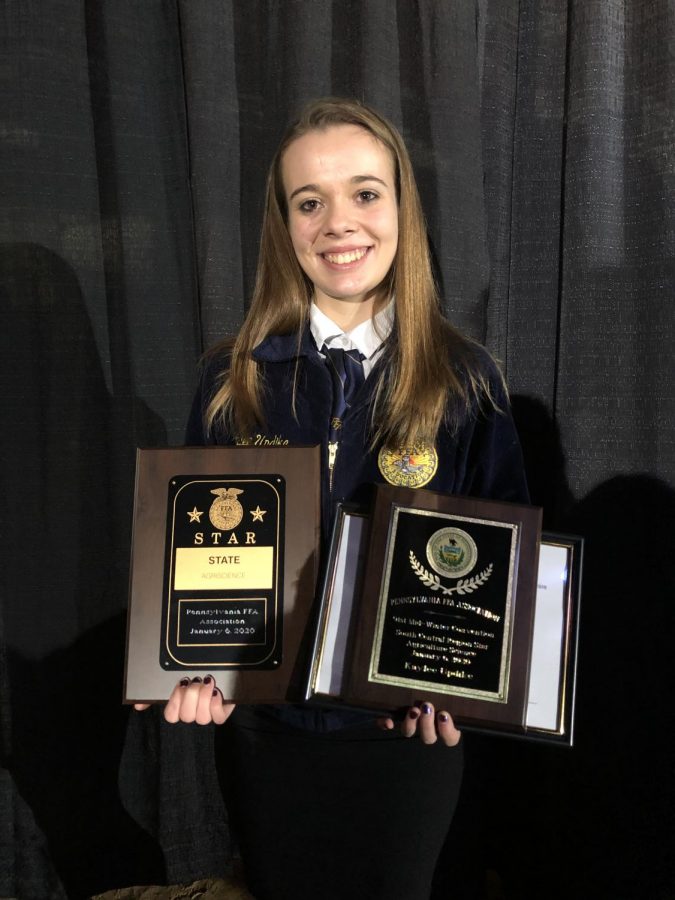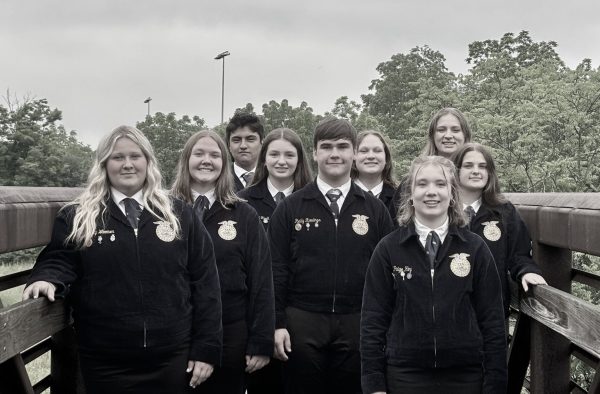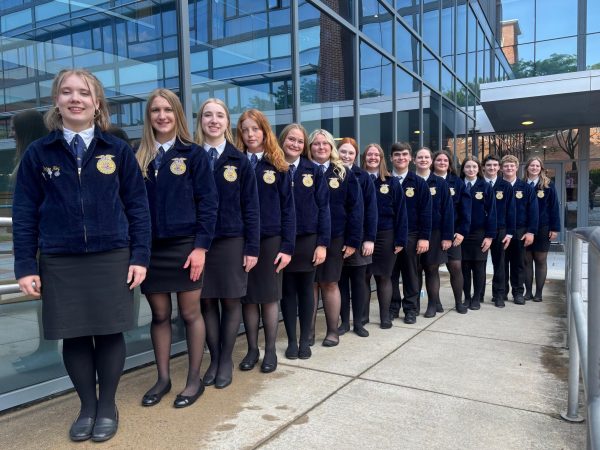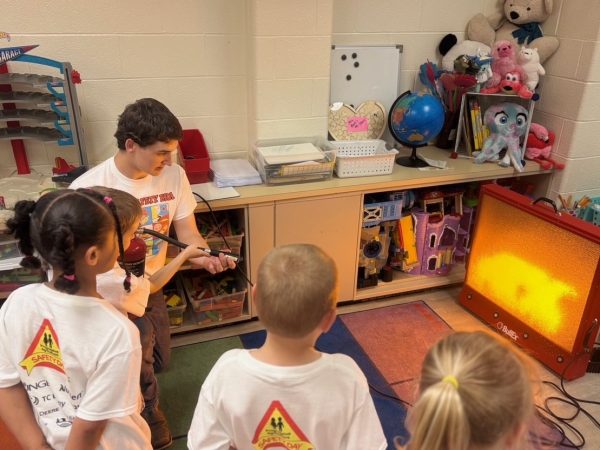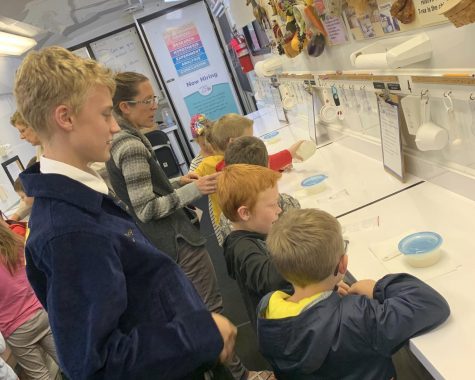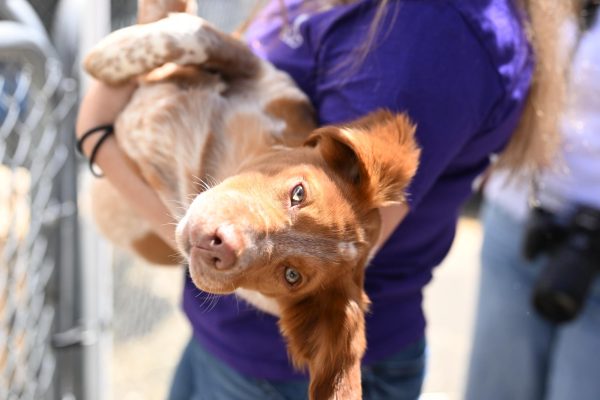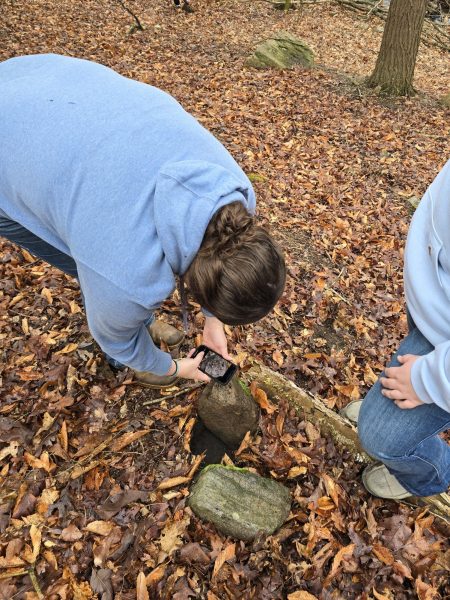Tyrone Senior Named Pennsylvania State FFA Star in AgriScience
Tyrone senior Kaylee Updike was named the Pennsylvania FFA Keystone Star in the area of AgriScience at the 2020 PA Farm Show during the 91st Pennsylvania FFA Association Mid-Winter Convention on January 6.
Updike qualified in the AgriScience category because of her research conducted in the Natural Resources and Environmental Services areas. She has created an agriscience project each year of high school.
“All my projects [but one] has helped find more information on how we can fix the [environmental] damage that the human population is causing,” said Updike, “The main purpose is to inform myself about the issues and solutions, so I can inform the public and help make a difference.”
One of Updike’s agriscience projects focused on agricultural run-off.
“I made my own model determine if at home fertilizers had the same effect as the farmers, and I discovered they did,” said Updike.
The purpose of the stars program is to promote and encourage excellence in the National FFA Organization through the development of outstanding scholarship, leadership, and Supervised Agricultural Experiences (SAEs).
Stars are recognized in the following areas: Star Farmer (Ag Production), Star in Agribusiness, Star in Agricultural Placement (Ag Employment), or Star in AgriScience (Research/Science). Participants must have received the Regional Award prior to competing at the PA Farm Show.
“My original plan was to determine the earth-worms effect on our plant growth, but since I waited so long to do any part of my experiment, I had to change it. I chose to do an apple project to determine what act made them rot or bruise, but this did not allow me to go to states. After this mistake, I chose to take my project more seriously,” said Updike.
The following year her project was on the effect of biodegradable fertilizers. She determined how they affected the plant growth for the positive or negative.
“I discovered that you cannot just use any fertilizer for any plant. You need to determine the pH level first. This project placed and moved onto the state level,” said Updike.
Recently, Updike competed at the State AgriScience competition on January 3 with her experiment to determine if rain gardens are efficient.
Updike will be headed to the Eastern States Exposition, or the “Big E”, in Massachusetts to compete against other State Winners from the Eastern FFA Region.



